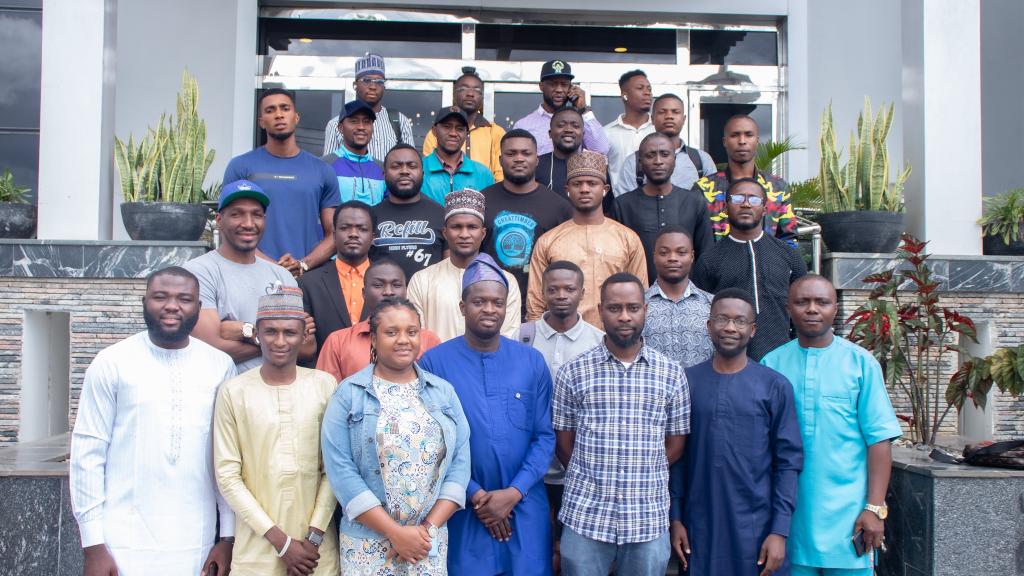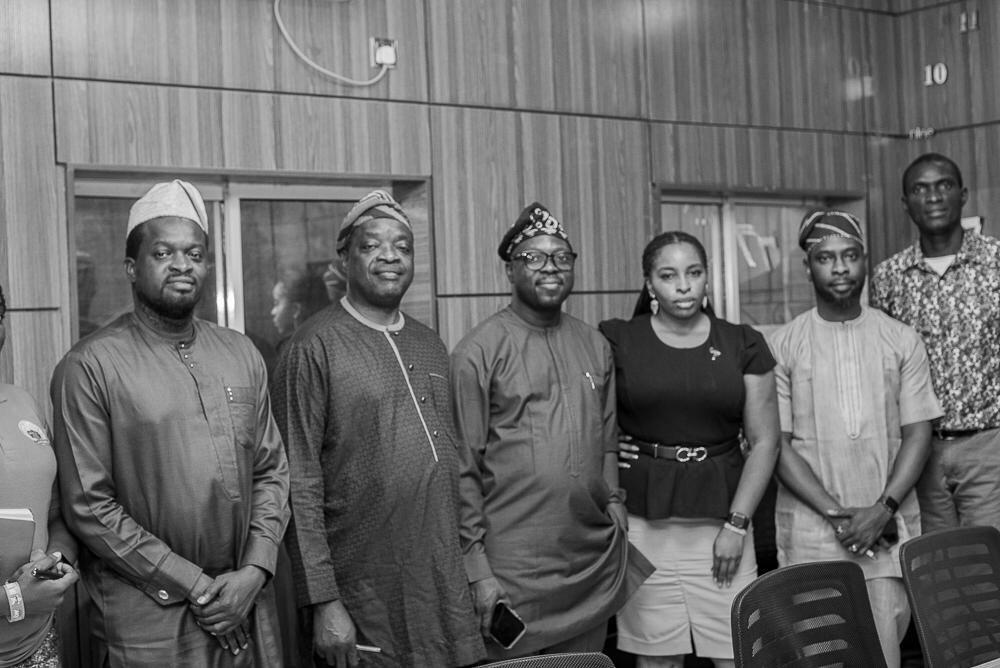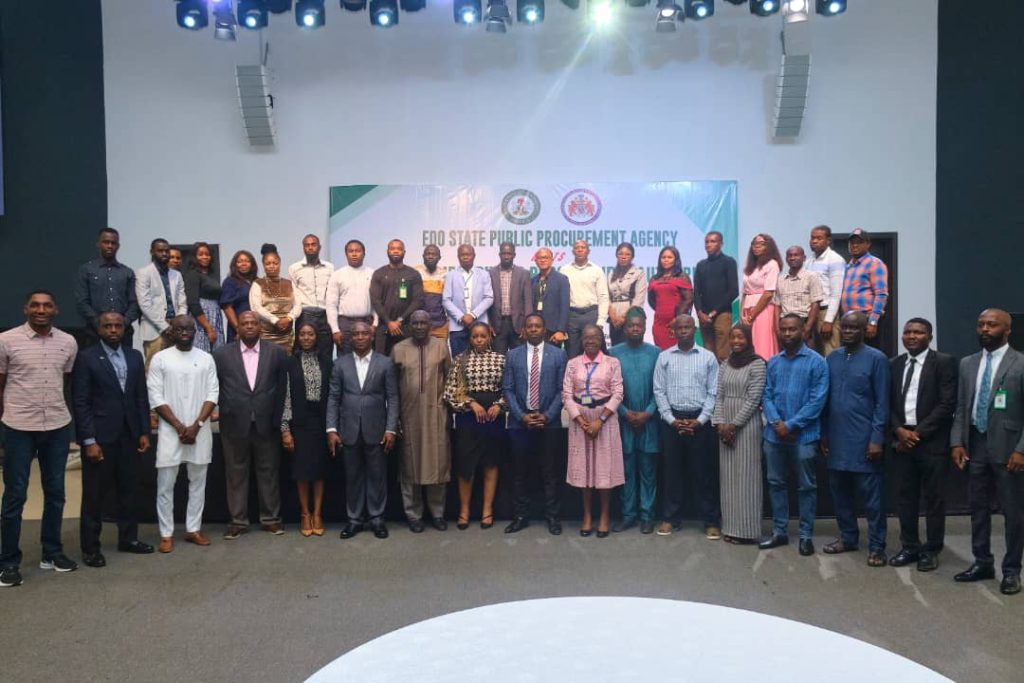-
- The 1999 Constitution: The Code of Conduct, which is found in the fifth schedule of the Constitution, states that public officials are forbidden from accepting any property or benefits for themselves or anyone else as a result of anything they do or don’t do in the performance of their duties.
- The Economic and Financial Crimes Act, 2004: Nigeria’s anti-fraud agency was established by the EFCC Act.According to the Act’s Section 46, “ecomomic crimes” are nonviolent offenses committed with the intention of illegally earning wealth.The Economic and Financial Crimes Act gives the EFCC the authority to prevent, investigate, prosecute, and punish economic and financial crimes.In addition to establishing the agency, it contains several sections addressing financial crimes and corruption and imposing penalties for violations.
- The Corrupt Practices and Other Related Offences Act, 2000: Corruption and other related offenses are prohibited and punished by the act.It gave the Independent Corrupt Practices and Other Related Offences Commission (ICPC) authority to investigate and prosecute corruption-related offenses.The Act generally forbids a wide range of alleged corrupt practices that arise from interactions or transactions between members of the public or the government and private individuals.The Act’s primary objective is to prohibit bribery and corrupt practices;However, it also aims to curb practices in personal and business interactions as well as interpersonal relationships.
- Criminal Code: Corruption and unjust enrichment, particularly by public officials, are addressed in several sections of the Criminal Code, which is in effect in the majority of Southern Nigerian states.For instance, the criminal offense of corruption is addressed in Section 98 of the Criminal Code, which defines the term “corruption” and prescribes an offense for it as well as any related offenses.
- Money Laundering (Prohibition) Act: According to the Act, money laundering occurs when someone in or outside of Nigeria conceals or disguises the origin of;transforms or moves;eliminates the jurisdiction;uses, acquires, maintains, or assumes ownership or control of;any money or property that is, or is a part of, the proceeds of an illegal act, whether knowingly or because he or she should have known.In a nutshell, it occurs when a person intends to legitimize criminal proceeds.Money laundering-related offenses are subject to the penalties outlined in the Act.
- The Advance Fee Fraud and Other Related Offences Act 2006
Last modified: December 1, 2022








